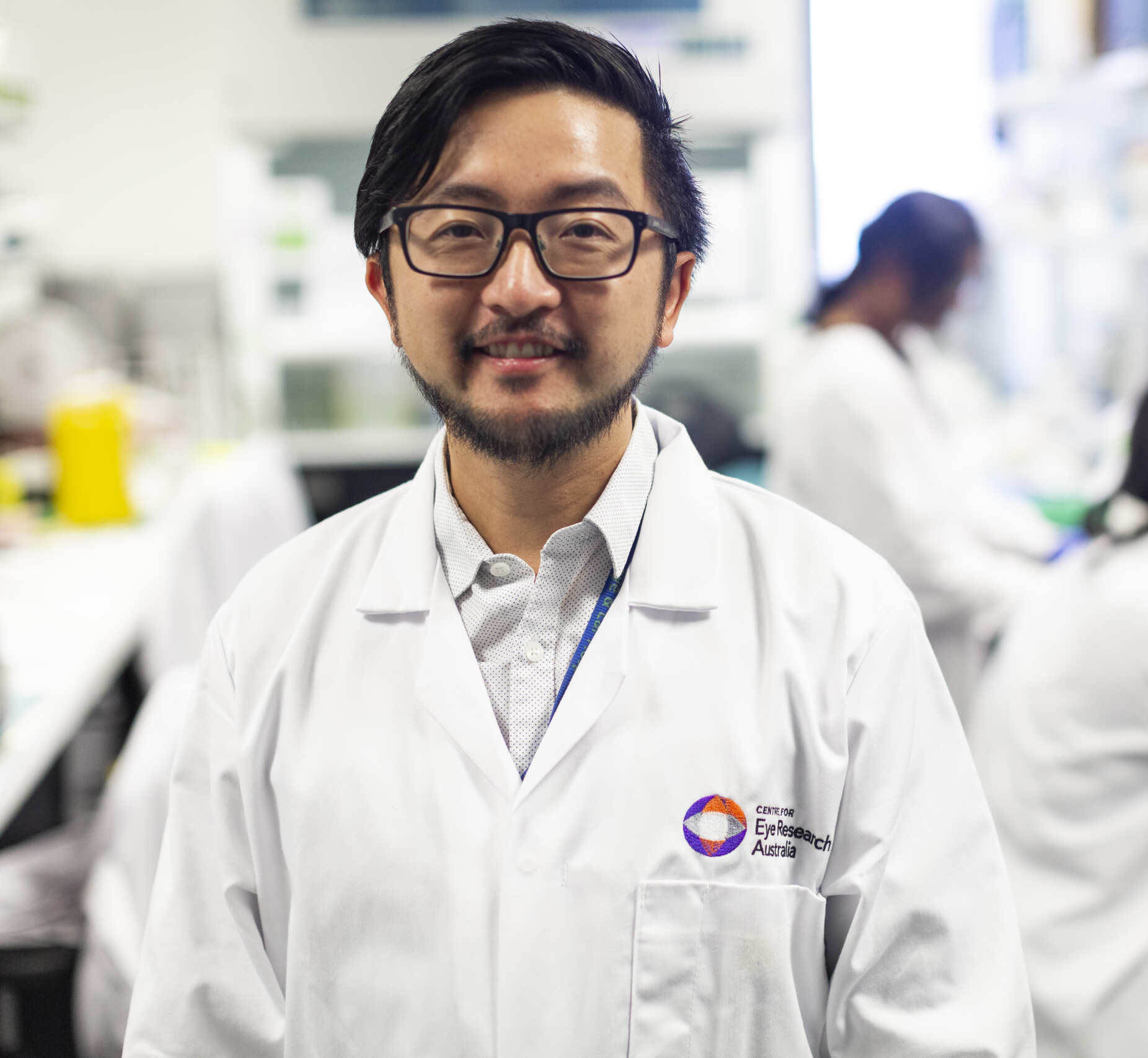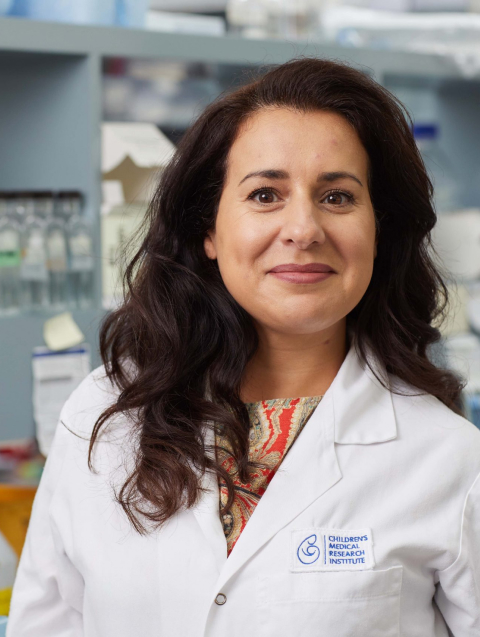Project Aim
This project explores a new method called freeform electrical stimulation to restore vision in people with inherited retinal diseases (IRDs). Unlike current technologies that target retinal ganglion cells, this approach aims to stimulate bipolar cells, which are crucial for processing visual signals. Experts believe this could lead to clearer, more natural vision. If successful, it could pave the way for next-generation vision restoration devices capable of high-resolution sight, enabling people to recognise faces, read, and navigate confidently.
Project Summary
To test this new vision-restoring technique, researchers will combine lab experiments with computer simulations. In the lab, they will study how individual cells in the retina respond to specially shaped electrical signals. At the same time, they will use a detailed virtual model of the human retina to explore how these signals affect different layers of the eye.
This combined approach will help identify the best way to activate bipolar cells safely and effectively, even in eyes affected by disease. The findings will lay the foundation for creating advanced devices that could restore sharp, natural vision for people with inherited retinal conditions.
Expected Outcomes
By the end of the project, the researchers expect to have strong lab and computer-based evidence showing how to control these cells to improve vision. They will also explore how well this works at different stages of vision loss and confirm that the technique does not damage the eye. These findings could lead to the development of next-generation vision-restoring devices for conditions like retinitis pigmentosa, offering people the chance to see more clearly and naturally.

Chief investigator:
Associate Professor Mohit Shivdasani
University of New South Wales
Co-investigator/s:
Scientia Professor Nigel Lovell, University of New South Wales
Dr Tianruo Guo, University of New South Wales
Dr Felix Aplin, University of New South Wales
Professor Gene Fridman, Johns Hopkins University
Professor Michael Kalloniatis, University of Houston
Grant awarded:
$57,912
Timing:
2026
Research Impact Reports
Development of epigenetic reprogramming technology to treat retinal degeneration
Project Aim This project aims to create a new way...
Characterizing Stargardt Disease Mutations for Splice Intervention Therapeutics
Project Aim The aim of this project was to find...
Virtual Reality Assessment of Functional Vision in achromatopsia
Project Aim This project aimed to develop and validate a virtual reality (VR) mobility task...
Establishing novel AAV gene editing for Usher Syndrome
Project Aim The aim of this project was to establish proof-of-concept for a new type...




